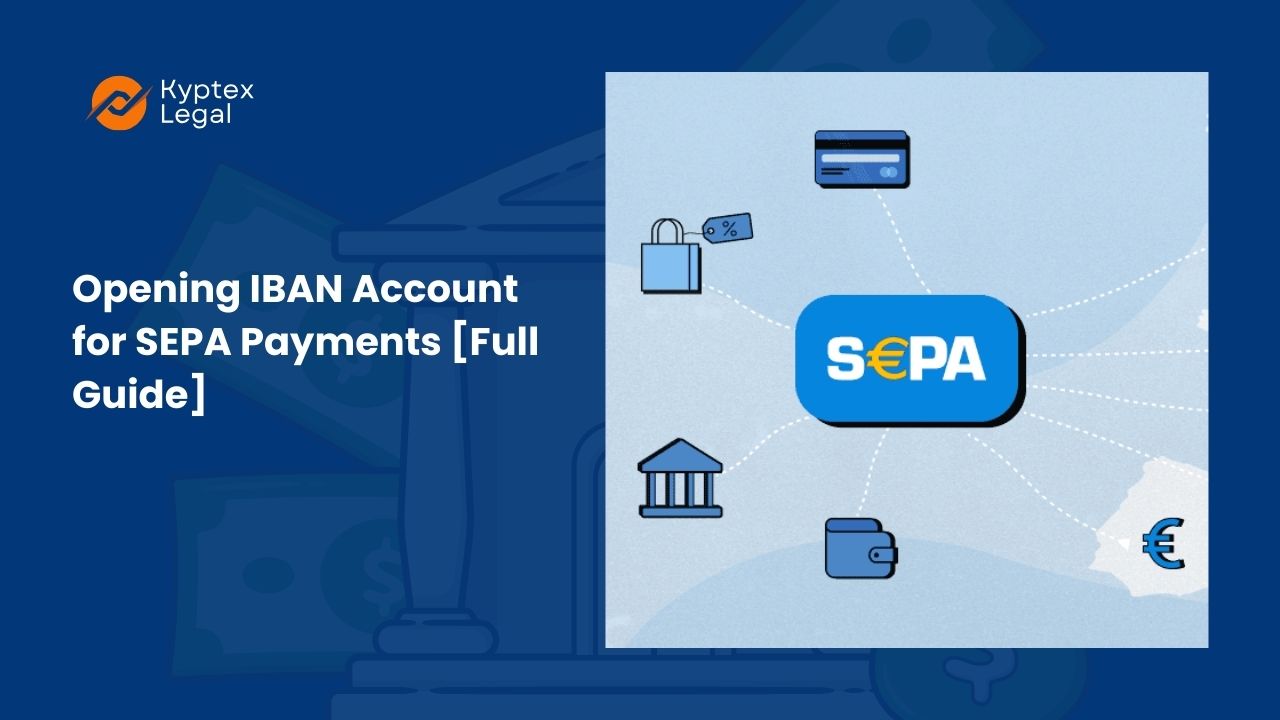
This guide will provide a detailed explanation of the process for opening an IBAN account for SEPA payments.
Why IBAN Accounts Are Essential For SEPA Payments?
The SEPA framework streamlines euro-denominated payments between participating countries, thereby reducing costs and processing times for both enterprises and individuals. SEPA transfers are processed as domestic transactions when a valid IBAN is provided, thereby eradicating the additional fees that are typically associated with international payments.
Important points to remember:
- Minimal or No Fees: The risk of the business and the banking partner selected often determine the minimal or nonexistent fees associated with SEPA payments.
- Rapid Settlements: SEPA routinely processes transactions in a timely manner, as it offers multiple settlement times throughout the course of a typical business day.
- User-Friendliness: A standardized system for the transfer and receipt of funds throughout Europe, utilizing an IBAN account number.
- Promotes Growth: Eliminates the necessity for currency exchanges between European partners, thereby facilitating seamless trade.
How To Open An IBAN Account For SEPA Payments?
To access the advantages of SEPA transactions and establish an IBAN account, adhere to these procedures:
1. Choose the Right Bank or Fintech Provider
It is crucial to choose the appropriate provider, as not all banks provide competitive terms for SEPA payments. IBAN accounts are available from both traditional banks and digital institutions, including Revolut and Wise, with varying levels of convenience, fees, and features. Nevertheless, it may be challenging for higher-risk businesses to establish an account with traditional banks or the typical Fintech suspects. To receive an up-to-date list of dependable and rapidly expanding digital banks that facilitate SEPA payments, please complete our contact form and we will send it to you via email.
What to Look for:
- Low or no monthly minimum fees
- SEPA Instant Payment capability
- Support for multiple currencies is an excellent enhancement.
- Online and mobile platforms that are user-friendly
- A dedicated account manager is frequently beneficial.
- Debit expense cards
- Multi-country IBAN availability (e.g., BE, LT, NL, GB).
2. Submit the Onboarding Documentation
Identification and proof of address are necessary for the establishment of an IBAN account. The specific documentation required may differ depending on the provider, but it is generally necessary to have the following:
- National ID card or passport for the company’s proprietors
- Utility receipt or bank statement for the purpose of verifying the business address
- Evidence of business registration
3. Submit an Application
Submit your registration through the provider you have selected after you have collected your documents. Typically, this step can be completed online. Please ensure that the personal and account details are completed accurately to prevent any delays.
4. Obtain required IBAN’s
The bank will issue you a unique IBAN account number or multiple IBANs if your business necessitates them after your application is approved. This IBAN is instantaneously available for the purpose of sending and receiving SEPA payments.
Costs And Fees Associated With IBAN Accounts
Although SEPA payments frequently incur minimal fees, it is crucial to comprehend the potential expenses associated with your IBAN account.
- Account Maintenance Fees: While some digital banks provide free IBAN accounts, traditional banks may impose monthly fees.
- SEPA Instant Payment Fees: The provider may impose minor fees for instant payments.
- Currency Exchange Fees: If your account supports numerous currencies, exchange rates and fees may be applicable for non-euro transactions.
In order to reduce expenses, it is crucial to conduct an exhaustive comparison of providers and guarantee that the account is compatible with your payment requirements.
Troubleshooting Common Issues With IBAN Accounts
- Incorrect IBAN Entry: The transaction may be delayed or rejected if an IBAN is submitted incorrectly. Prior to transmitting payments, it is imperative to verify the IBANs.
- Accurate Recipient Details: Ensure that the IBAN account is owned by the correct individual. Additionally, certain banks necessitate recipient information, including the registered address of the beneficiary’s bank or business. Otherwise, payments are considered disrespectful.
- Delays or Bank Holidays: Payments that are initiated on weekends or bank holidays may require additional processing time. Nevertheless, certain financial institutions also process SEPA payments on weekends.
- Blocked Accounts: In certain instances, providers may temporarily restrict access to an account for security or compliance purposes. To resolve any issues, please contact your account manager or customer support.
Conclusion
It is imperative for individuals who wish to conduct low-cost, rapid transactions throughout Europe to establish an IBAN account for SEPA payments.